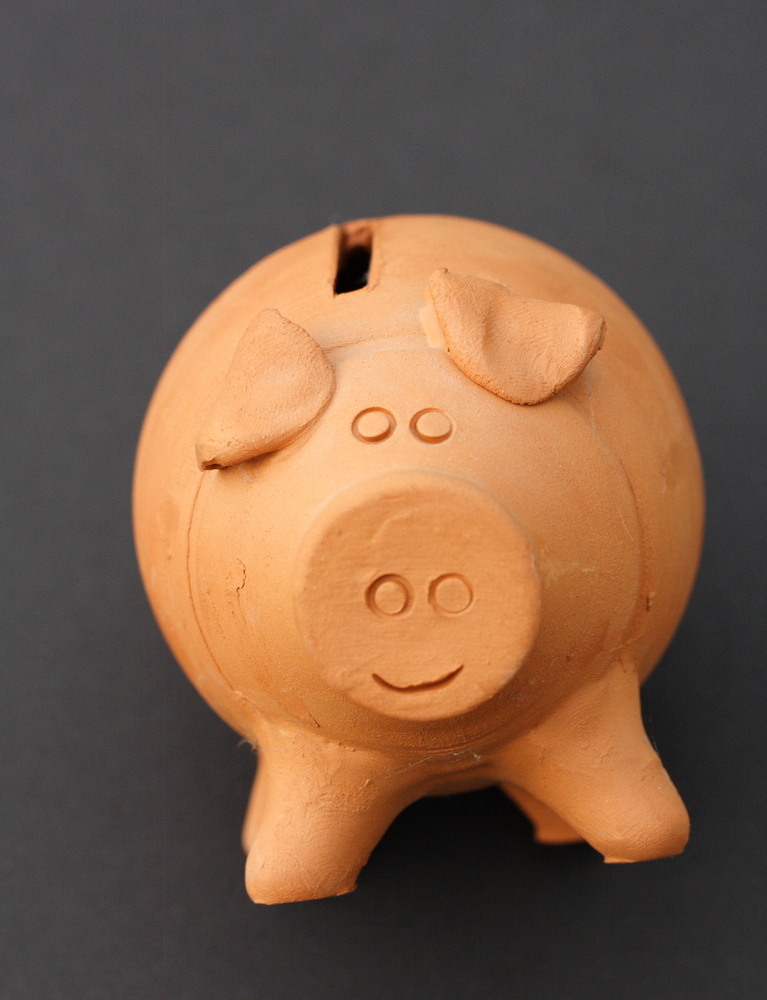News
Britons feel more positive about saving

The British population is feeling more positive about its ability to save, a survey by Lloyds Bank has found.
The most recent quarterly Lloyds Bank Savings Index asked 3,499 consumers about their savings habits during the first quarter of 2014.
It found that easing pressure on disposable income and the positive economic outlook have contributed to an increase in savers.
According to the survey, 67 per cent of Brits save “regularly or whenever they can”, up two per cent over the last year. Meanwhile, 78 per cent try to save whatever spare money they have.
Andy Bickers, savings director at Lloyds Bank, said: “It is encouraging to see a more positive outlook and shift towards savings in the last year, even if the trend is gradual in some areas.”
However, it was not all good news. While 85 per cent of people believe in the importance of saving regularly, nearly one in three said they are unable to put money away – the most common reason being that they simply do not have enough to spare.
Just over 40 per cent did not want to save due to low interest rates – compared to 39 per cent in the last quarter of 2013 – and 28 per cent told Lloyds they would rather spend than save.
Only 51 per cent of Brits have enough in their savings to cover an unexpected outgoing or a change in circumstance.
Bickers said: “With one in three saying that they’re still not saving anything, there is still some way to go. Even if people just put away a small amount each month this can be increased as circumstances improve.”
People surveyed said being able to access savings was a priority.
Instant access savings accounts continue to be the most popular saving method, with over half of all respondents opting for one. Cash ISAs were the second most popular way to store savings.
Those dipping into their savings said they are likely to pay for a holiday (31 per cent) or cover unexpected expenses (29 per cent).